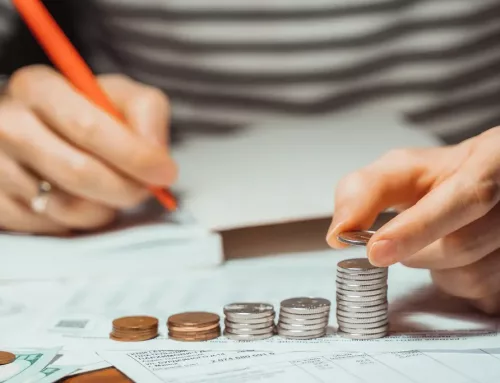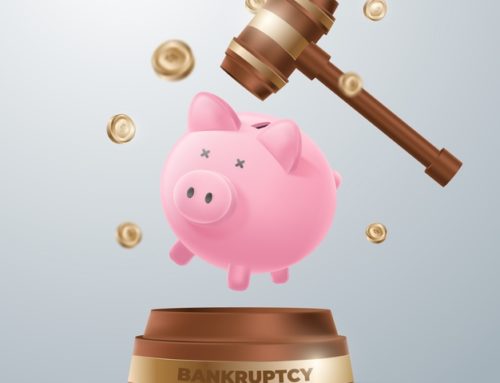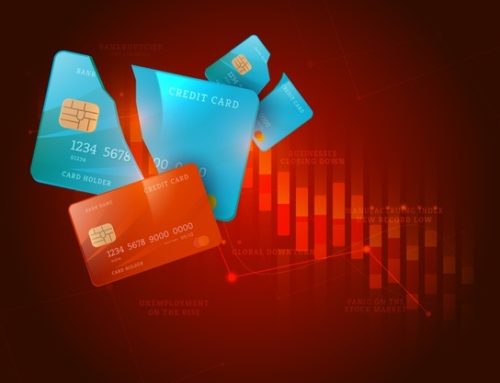Learning how to file a Bankruptcy Chapter 7 petition can be quite complex. What some people would consider as the first steps in filing for bankruptcy would be to undergo bankruptcy counseling and take the means test. While this is true, the first two things you must do would be: to research common questions about a declaration of bankruptcy and to contact a bankruptcy law firm that can explain these further.
1) How do I qualify for a Chapter 7 bankruptcy proceeding?
In a declaration of bankruptcy, a means test determines who may proceed with debt-settlement through filing Chapter 7. It is primarily for consumer bankruptcy (those with medical debts or credit card debts involved) and is not a requirement for business bankruptcy.
Essentially, the bankruptcy means test checks whether or not the bankrupt debtor has enough resources to be able to repay outstanding debts. Here, family size, living expenses, and monthly income are taken into account.
2) How will the means test affect the chances of filing Chapter 7 bankruptcy cases?
A vital part of the bankruptcy procedure is the means test, which checks whether or not debtors have enough disposable income that could be used for paying off their creditors. With the help of reliable bankruptcy attorneys, a filer must fill out the required means test paperwork and supporting documents, which will then be evaluated by the bankruptcy court.
3) Under bankruptcy law, would my monthly income affect my eligibility for filing Chapter 7?
 Pursuant to relevant bankruptcy laws, your household’s income must be lower than the median income for your state. Documentation of your monthly income for the last six months must be presented. If it does not exceed the state median, you could qualify for Chapter 7 bankruptcy proceedings.
Pursuant to relevant bankruptcy laws, your household’s income must be lower than the median income for your state. Documentation of your monthly income for the last six months must be presented. If it does not exceed the state median, you could qualify for Chapter 7 bankruptcy proceedings.
4) Would household expenditure factor into my Chapter 7 bankruptcy filing?
Proof of your rent payment, groceries and utilities, medical costs, and other living expenses for the last six months must be presented. Following the bankruptcy code, the total expenses will be subtracted from your total income to determine what is called disposable income. If it is sufficient to pay back your lenders, you will likely not qualify for a Chapter 7 bankruptcy declaration.
5) How do I know if a Chapter 7 bankruptcy case is my best option?
If disposable income is low enough and you want to have your unsecured debt discharged, consult with a good bankruptcy attorney on how to file. A Chapter 7 is often the best debt-relief option for a bankrupt individual looking into discharging credit card debt, medical bills, and other unsecured debts
6) If I did not qualify for a Chapter 7, are there other types of bankruptcy that I can file?
Because the income and expenses submitted are from the last six months, the means test may be taken again after another six months. If you still do not qualify, you might need to file for bankruptcy under Chapter 13. In this bankruptcy type, you pay back what is owed through a payment plan, which runs for three or five years.
A filer who would want to keep personal property would likely opt for restructuring. Filing for bankruptcy under Chapter 13 allows you to restructure finances and stop foreclosure or repossession since you pay back what you owe through your repayment plan.
If you considering bankruptcy or would wish to clarify the bankruptcy process, contact us. Consult one of our experienced bankruptcy lawyers at Thomas E. McIntire and Associates, L.C.




